"Through documentaries, I want to send out information that will reach people's hearts."
School of Social Sciences September 2024 Graduate: Nonoka Koga
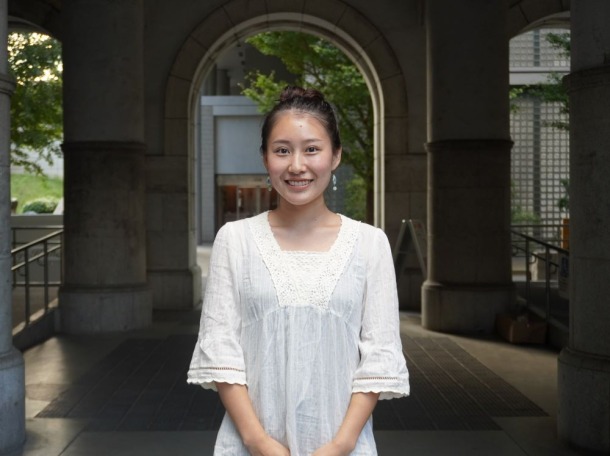
At Building No. 6 on Waseda Campus
Nonoka Koga, director of the short documentary on nuclear issues, "Like That Plane Tree," which was screened at the "Screening of Atomic Bomb Survivor Testimonies - Atomic Bomb Survivor Testimonies That Span Generations and Borders" event on July 14, 2024. She has also directed a film on the same theme, "She became a poet," which was selected as a finalist at the "United Nations Peace Film Festival (UFPFF) 2024," and is spreading awareness of nuclear issues to people all over the world. We spoke to Nonoka Koga about what inspired her to start filming documentaries on the theme of nuclear issues, her thoughts on her work, and her future prospects.
-What made you become interested in nuclear issues?
高校3年生の時の米国留学で、留学先が偶然にも長崎に落とされた原子爆弾(以下、原爆)を作っていた町だったことがきっかけです。日本では原爆投下はあってはならないという考えですが、リッチランドでは原爆が戦争を終わらせたという主張もあり、原爆投下に対する日本の見方と真逆だったんです。「自分の祖父が原爆開発に尽力したおかげで町が栄えた」と言う人もいて、国が違うと、こんなにも見方が違うのだということをじかに感じたことから、核問題について考えるようになりました。
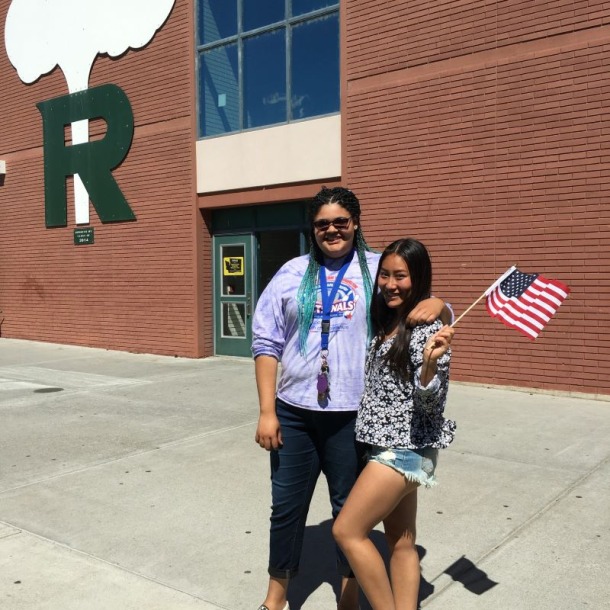
This photo was taken with friends from school when she studied abroad in Richland, Washington, in third year of high school. Richland is the town where the atomic bomb was made, and the school emblem of the high school I studied at was a mushroom cloud.
So what made you decide to film a documentary?
I was originally interested in media and wanted to become a journalist. I couldn't decide between writing and film, but I decided to try documentary because I liked the work of film director Hirokazu Koreeda (graduated in 1987 from School of Letters, Arts and Sciences I and Faculty of Science and Engineering Professor).
I decided to make the nuclear issue my theme because of my experience studying abroad in my third year of high school, but I was also greatly influenced by Russia's invasion of Ukraine in February 2022. At the time, I was working part-time at a television station, and I was shocked that a war could break out so suddenly, and I felt angry at myself for not being able to do anything. However, when I saw the reporters at the television station desperately reporting on the Ukraine issue, I strongly felt that I could take action, so I started making a documentary on the nuclear issue.
-While filming the documentary, were there any aspects that helped you grow as a person, or any difficulties you faced?
Since I didn't major in video editing, I took the class "Basic Journalism Exercises" (GEC course for 2021) at university, where we watched documentaries and learned about their content, images, and reporting stance, and participated in seminars at other universities where we could practice documentary production. I also taught myself how to make films, getting advice from friends who make films in film student club.
Unlike feature films, which have a script, even if I plan the structure of a documentary in advance, when I go to the location and talk to the people I interview, I realize that what I imagined was just a prejudice, and the content may change, so it was difficult to rework the structure each time. However, since a documentary is only possible because there are people to interview, it feels like building a relationship of trust with the people who appear in it and working together, rather than making it alone, which is very educational and fun.
-What kind of works are the two films you directed, ``Like the Plane Tree'' and ``She Became a Poet''?
The protagonist of "Like That Plane Tree" is Toshiharu Goto, who was exposed to radiation at the age of 6 while at Tenma Elementary School in Hiroshima. This short documentary closely follows the reason why Goto, who had never spoken about his exposure to radiation until now, decided to start testifying about it, and the process that led to his testimony.
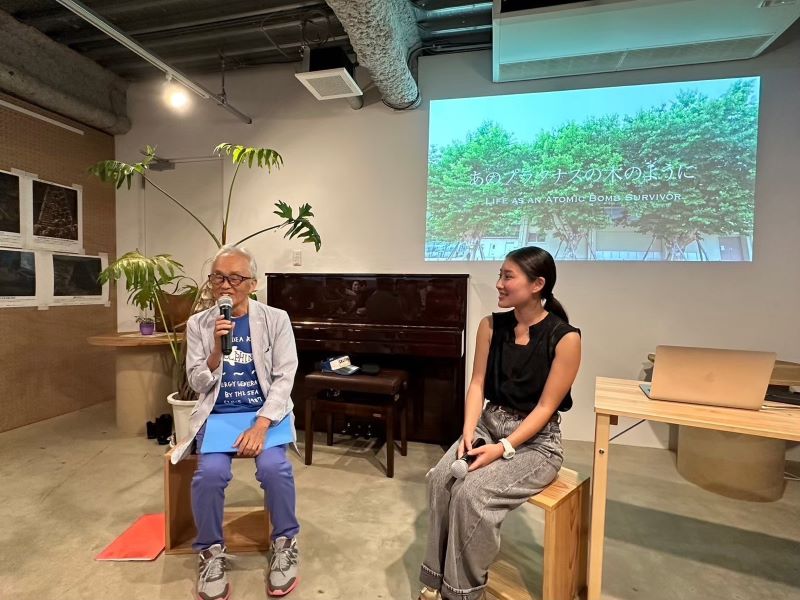
At a screening held at the Hiroshima café "Ki to Koi" in July 2024, the protagonist, Utohigashi, was welcomed as a special guest. By adding English subtitles, even international students from Hiroshima University came to watch the film.
"She became a poet" is a video testimony by poet and atomic bomb survivor Fumi Hashizume, in which she talks about the damage she experienced from the atomic bomb, the emotional scars it left her, the indescribable horror of the bomb, and how she began writing poetry despite being told she didn't have much time to live.
This work was also selected as a finalist for the International Peace Film Festival (UFPFF) 2024 (hereinafter referred to as "UFPFF2024"), a festival of short films with themes of peace and SDGs. Frankly, I was very happy because I never thought it would be selected. It also made me feel that interest in nuclear issues is growing not only in Japan but around the world.
Nuclear abolition cannot be achieved by simply sending out messages and working within Japan, a country that does not possess nuclear weapons. I believe that we must send messages to countries that possess nuclear weapons and the people who live there to make them think about nuclear weapons.
Left: Fumi Hashizume, the protagonist of "She became a poet." The film features testimonies from survivors with English subtitles, and was produced with the hope that American students would learn about how horrific the atomic bomb was. She said she would like to see it used in classes at the high school where she studied abroad.
Photo on the right: A commemorative photo of all participants of "UFPFF2024." Koga is fourth from the right in the front row.
--Please tell us why you chose School of Social Sciences and what kind of studies you have been doing.
Even before I went to university, I wanted to study topics such as adoption and foster parent systems, and I joined the Welfare Society Research Seminar in my second year of university. However, when Russia invaded Ukraine, I felt a sense of crisis that nuclear weapons might be used, and I became interested in nuclear issues again. Until then, I had only seen the atomic bombing as a negative event in history, but the Russian invasion of Ukraine made it more real, and I realized that the distance between nuclear weapons and humanity has not changed at all since 1945.
My seminar Faculty, Hanno Terao Associate Professor (Faculty of Social Sciences), taught me about radiation compensation and how to research the history of the United States. I wrote my graduation thesis on the nuclear damage in the United States, and the interviews I conducted with American victims of radiation exposure for a documentary were useful.
Left: During the seminar camp at Kamogawa Seminar House, each student gave a presentation on the topic they wanted to work on for their graduation thesis, and received feedback from Professor and other students.
Photo on the right: A photo of an interview with the late Tom Bailey, who was exposed to radiation deliberately released into the atmosphere during nuclear development at Hanford during the Cold War, in Richland, Washington. I later used this interview in my graduate thesis.
--Please tell us about your future prospects.
I had the opportunity to hear from a student from Israel, who was also selected as a finalist in "UFPFF2024," about the experiences of what is currently happening in Israel and Palestine. At that time, I felt that the war news we often see on TV and in newspapers tends to be a formal report of the damage, such as the number of deaths, and does not really reach people's hearts. Listening to her story, who is actually in the midst of the war, was an experience that stirred my emotions, so I decided that rather than being a journalist who simply disseminates information, I wanted to do work that appeals to people's hearts through documentaries and stories, picking up small voices that are silenced by larger subjects.
And it gave me great hope when the Japan Confederation of A- and H-Bomb Sufferers Organizations was awarded the Nobel Peace Prize on October 11, 2024. As the atomic bomb survivors continue to age, I want to think about how I can spread the baton I received from the survivors to the world and take action so that this award does not go to waste.
In the future, I would like to make a documentary about victims of radiation exposure overseas and spread the concept of "global hibakusha" to convey that victims of radiation exposure are not only in Japan but all over the world. By taking up the Chernobyl nuclear accident and the victims of radiation exposure at Three Mile Island, I would like to share the nuclear issue as a global issue.
No.883
Interview, text and photography: Waseda Weekly Reporter (SJC student staff)
Nishimura Rinka, 2nd year student School of Human Sciences
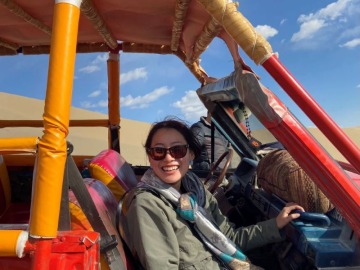
【Profile】
Born in Fukuoka Prefecture. Graduated from Meiko Gakuen High School. Loves nature and coffee, and her hobbies are the outdoors and visiting cafes. Recently, she discovered the deliciousness of red bean paste and is hooked on anmitsu, so she often visits Japanese sweets shops.

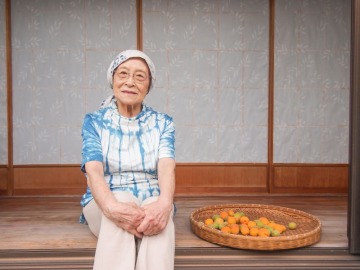
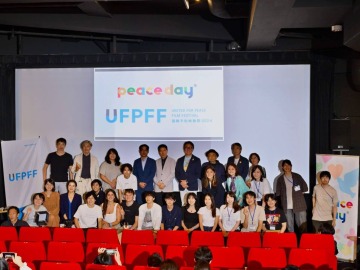
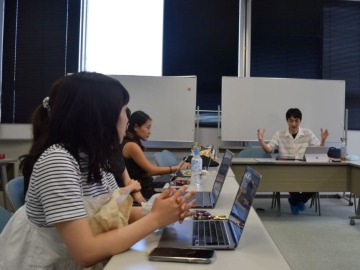
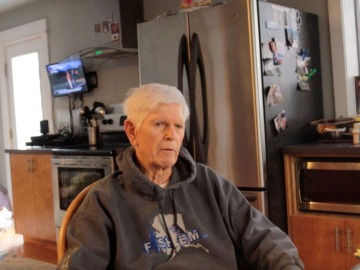
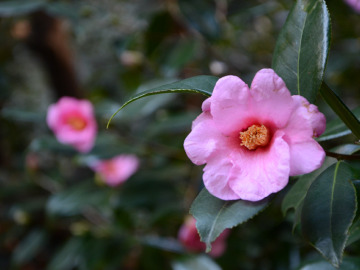
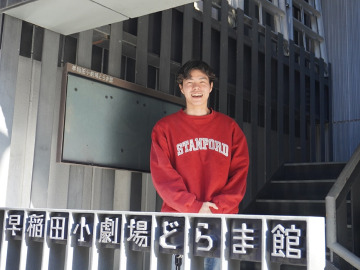
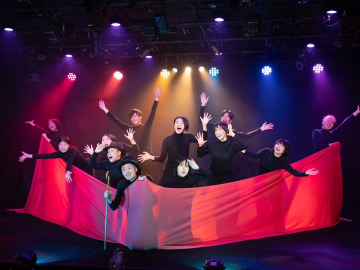
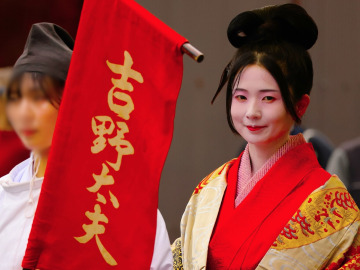

![[Save version] Map of the four main campuses](https://www.waseda.jp/inst/weekly/assets/uploads/2025/09/17cb2975123fc5103172ef60bd98608d-610x458.jpg)

